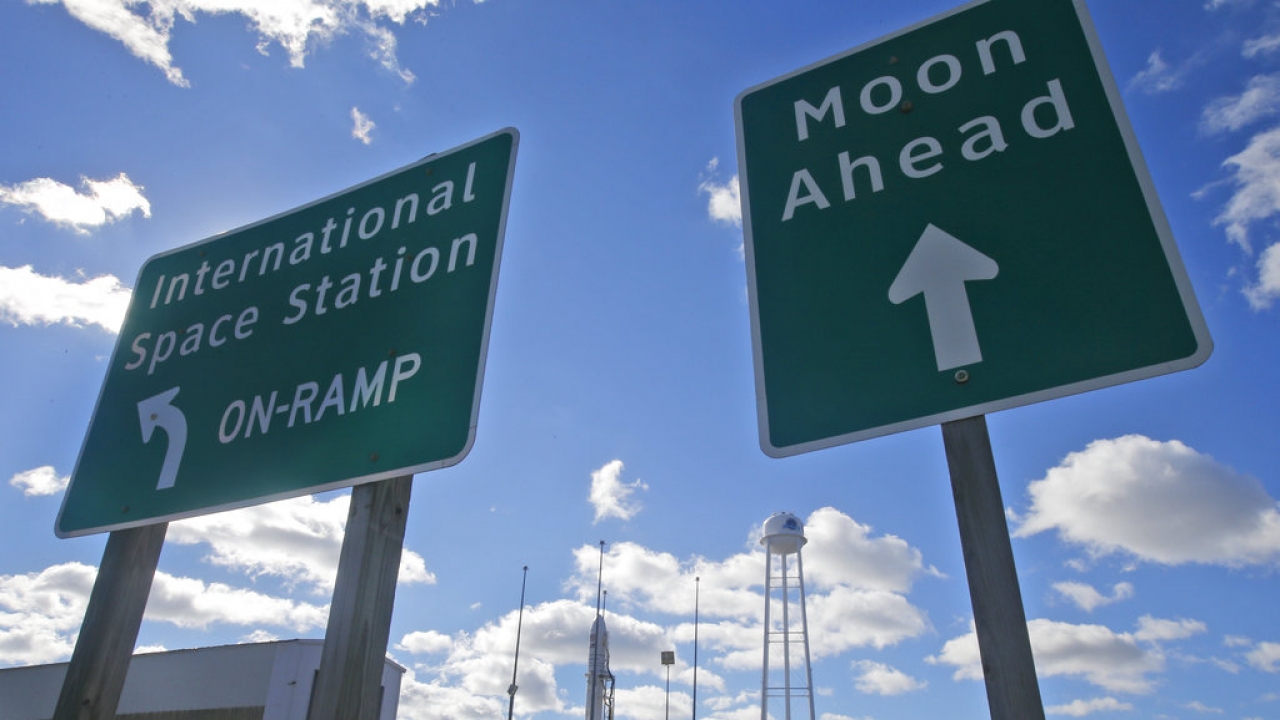
Earth just experienced the hottest 12 straight months ever recorded
New research shows fossil emissions drove a whole year of record-setting temperatures, affecting people all over the world.
LEARN MOREThe space agency says a fast-approaching deadline to add names to a chip that will travel to deep space is coming, and is urging more people to join.


Energy released in a solar storm led to increased aurora activity in Earth's atmosphere on Thursday and Friday.

A mother shares how being an astronaut is helping her inspire women everywhere, and her young daughter, to believe there is no limit to their goals.

Scientists wanted to study star HD110067 after noticing dips in the star's brightness. They were not disappointed.

40% of engagements take place between Thanksgiving and Valentine's Day, according to industry experts.

CBP officials say the Tucson area, including Nogales, is already seeing the highest number of migrants coming into the country.

25 million U.S. students use diesel-powered school buses daily, prompting debates on cleaner alternatives.